
Kennesaw State researchers awarded Department of Energy grant to investigate materials that boost energy-efficient technologies
KENNESAW, Ga. | Apr 4, 2025
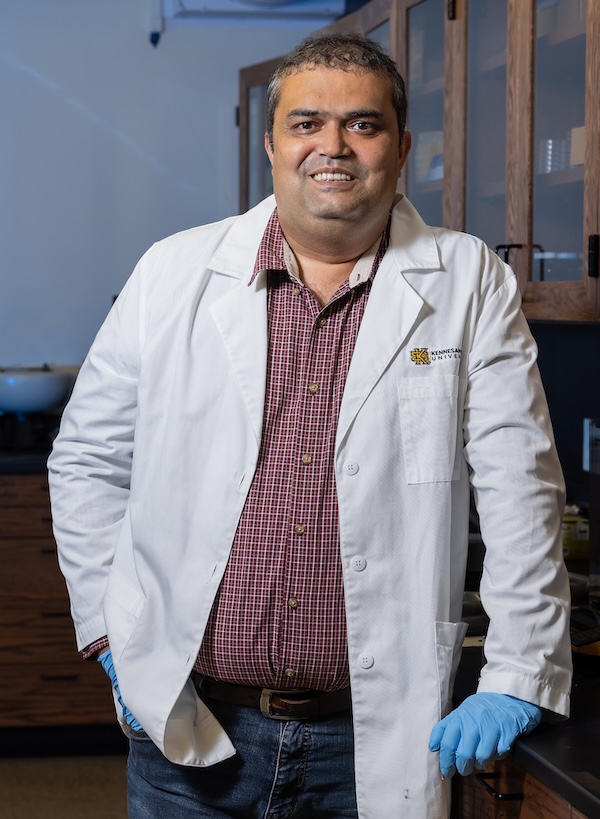
Magnetic topological materials are a new class of quantum materials that combine electronic topology and magnetism. Topological materials are defined by the presence of conducting surface states that maintain integrity no matter what external forces are placed on them, while quantum materials are crystalline materials with unconventional electric and magnetic properties that can’t be explained by classical laws of electromagnetism.
Like express lanes on a highway, electrons move through these materials on protected quantum pathways, reducing energy loss. Driven by those electrons’ spins, magnetism introduces new ways to control and manipulate those pathways. These materials have potential applications in spin electronics, ultra-sensitive magnetic sensors, low-power electronics, data storage technologies, and emerging areas such as quantum computing and artificial intelligence.
“Our study could help produce computers that run quickly and require less energy, produce highly sensitive sensors that provide faster feedback, and improve the efficiency of other high-tech devices,” said Dhital, an associate professor of physics. “This is a big step for cutting-edge material research at Kennesaw State.”
In this study, Dhital is focusing on topology-mediated magnetism while Marshall will focus on magnetism-controlled topology. Marshall’s research focuses on functional magnetic materials for sustainable and renewable energy conversion. That brings together the materials discovery aspects of physics and the synthesis and characterization of chemistry.
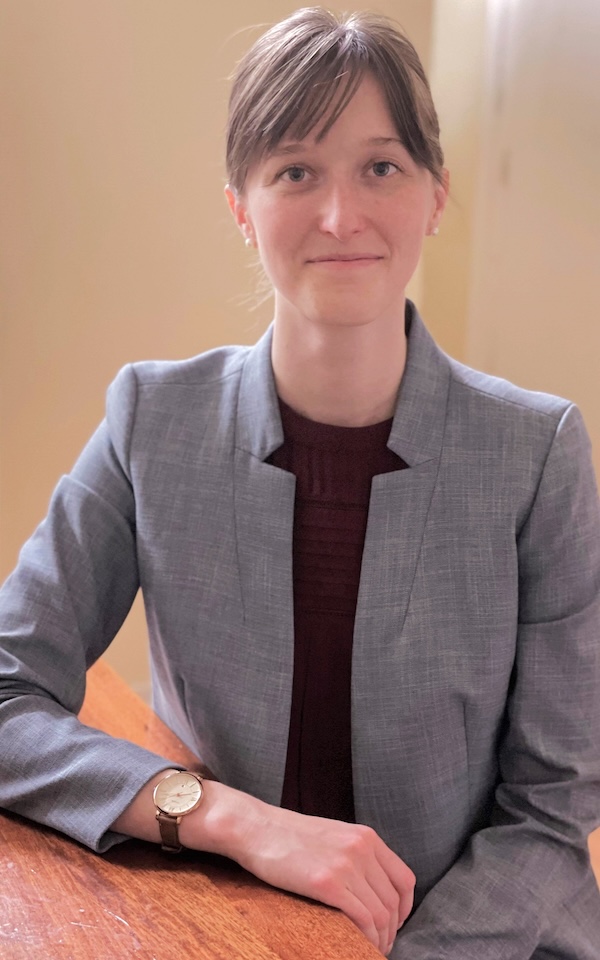
The research will involve both undergraduate and graduate students at KSU in hands-on training, and it will foster collaborations with national labs, including the Oak Ridge National Laboratory in Tennessee. Dhital said this work aligns KSU with the national goals to advance quantum materials and clean energy technologies. These collaborations will also make KSU a hotspot for cutting-edge materials research in Georgia and in the region.
“This interdisciplinary study puts Kennesaw State on the map for innovation and scholarship,” said Heather Koopman, dean of the College of Science and Mathematics. “With our departments of physics and chemistry joining forces to address the problem of energy efficiency in quantum computing, this research will have implications for students that participate in the project, and for society as a whole.”
– Story by Dave Shelles
Related Stories
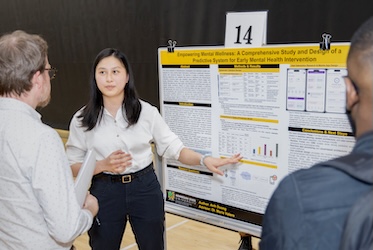
Passions spark innovation at Kennesaw State Symposium of Student Scholars
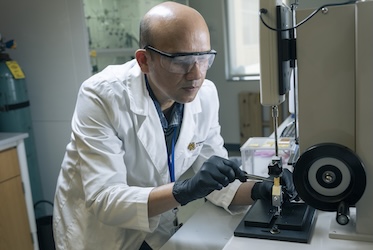
Kennesaw State researcher tackling sustainability through use of transparent wood

Kennesaw State students to present research at Symposium of Student Scholars
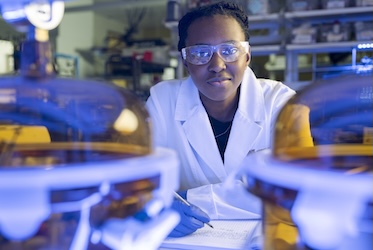
Chemistry student engaged in sustainable catalyst research through Kennesaw State's First-Year Scholars program
A leader in innovative teaching and learning, Kennesaw State University offers undergraduate, graduate, and doctoral degrees to its more than 47,000 students. Kennesaw State is a member of the University System of Georgia with 11 academic colleges. The university’s vibrant campus culture, diverse population, strong global ties, and entrepreneurial spirit draw students from throughout the country and the world. Kennesaw State is a Carnegie-designated doctoral research institution (R2), placing it among an elite group of only 8 percent of U.S. colleges and universities with an R1 or R2 status. For more information, visit kennesaw.edu.














